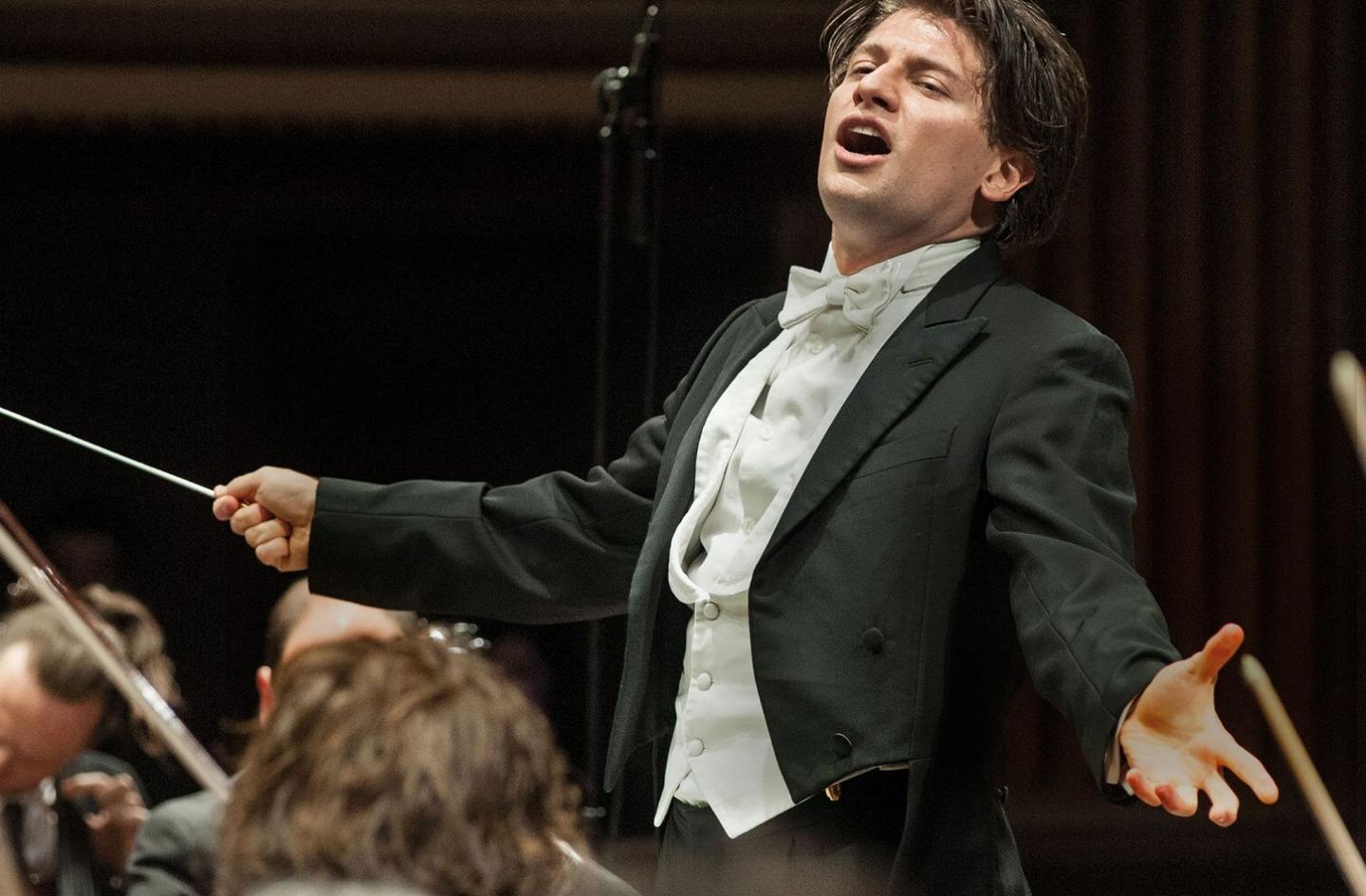What do you expect of music critics?
mainIn the July issue of The Strad (print only), I examine the highly stressed role of music critics in a shrinking media environment. At the heart of the matter is the question of expectation: what performers, editors and readers want to find in their daily review columns. Here’s a pull-quote from the column:
Criticism is clinging to a rock-face in a tempest and is dangerously short of friends. As an editor who has hired and fired critics, I was acutely aware of their individual value and shortcomings, their vanity and vulnerability. But the more I dealt with their difficult and delicate occupation, the more I admired tenacity of critics and the more disturbed I became by the unreality of expectations on the other side – the stage.
What, let me ask all you who play for a living, what do you expect of a critic? Does he or she need to read music? Play an instrument? Perform Schenkerian analysis? Know Schopenhauer by heart? Deplore Andrew Lloyd Webber? Always turn up in a clean shirt?
So, tell me, what do you expect?

photo: Edward Greenfield, from spitalfieldslife.com





One directer I know said that critics ought to be guardians of quality, not purveyors of opinion.
Perfect response.
Yes, I believe they should have professional musical achievement as well. which allow them to experience and separate the idea of perfectionism from the reality. A professional critic earns his or her leaving by criticizing. Therefore not all criticisms have the constructive points of view.
I read an enjoyed your Strad column this month, Norman. The debate about the role of critics in current society is one that rumbles on, but I’ve come to think that the problem is not one of audience, but one of financial viability. I’m a young writer who would like to spend more time writing about music, but I find that rather than fewer opportunities to write, it’s the money to do it that is vanishing. Of course, the irony is that in taking the voluntary opportunities to write about music that I currently do, I’m actually undermining the outlets that might one day pay me to do it by providing a free alternative!
There are many thousands of words to be written on this subject, but I’ll keep it to just a few. I’m a firm believer that criticism should be about building a community of the mutually interested and that the critic who might the hub of that community doesn’t represent the only correct opinion, but instead offers one possible personal reaction. I like reading certain critics on certain subjects – I know what their preferences and foibles are, and often enjoy disagreeing with them, but it’s that distinctly personal reaction that I enjoy and not the idea of a Zeus like critic ruling for or against from their very-well-informed ivory tower. Which is one reason why we should have more people writing about a subject, and not less.
A second point, in reaction to Afzali Fara’s comment (which I didn’t fully understand), is that I disagree that critics should have some kind of professional certificate to get through the door. Why should they? Is a lifetime spent playing the piano more valuable than a lifetime spent listening to people play the piano? Maybe I feel this why because I have no musical qualifications and never reached a particularly high level on a musical instrument, but there’s room for all points of view, from both inside the ring and outside, as it were, and a good critic will ultimately be judged on what they write and not what the certificates on their wall might say.
You should all also go and read my blog. It’s early days, but I hope you find it interesting.
I believe that critics should know and acknowledge the limits of their knowledge, and be able to distinguish between fact and opinion.
I often come across critics who cover an unusually wide range of musical genres and styles, not to mention the visual aspects of opera. Maybe their newspapers dictate them to do so, but they shouldn’t pretend they are gods.
State the facts about the upcoming program–interview the guest artists and music directors–get people to attend–and, if absolutely necessary to help sell tickets for 2nd and 3rd or more repeat performances, write the positives to get people to go. With all the bloggers today, more voices are heard anyway, so writing negatively about a performance AFTER the fact, only diminishes the potential audience attendance for the next round. Positive words get people interested–negative words turn them away. It also diminishes community trust in the organization, so, if we want the arts to be attended, good and less good, the media is there to support the community–not turn them away. I believe this is extremely important, especially for the next generation of audiences.
But surely what you’re describing is just basic marketing? And what if I’ve not been able to get to XXX’s big recital, and I’d like to read some one’s opinion of what it was like – is that not allowed?
I have encountered thousands of times, that one seat taken by the critic does not quantify hundreds of other seats taken by the audience–they always differ in opinion. My point is that too much of the public relies on what one person has to say, and in many cases, it hurts ticket sales for the organization that provides entertainment to the community. The audience should attend to make their own judgement after they experience the performance, rather than rely on hearsay. You might like what you hear and think, ‘what was the critic thinking?’
Bring your ears. Leave your agenda at home.
What I appreciate most in criticism is honesty in assessing the quality of a performance. Classical music criticism seems to become more vague and more relentlessly positive as you move farther from the major population centres. It’s now as though in North America, unless your city has multiple widely-read classical music critics, it is unacceptable to print anything bad about the hometown band. Critics are treated as an extension of an orchestra’s PR efforts, and made to feel as though they are personally responsible for driving away audiences if they actually do their work properly.